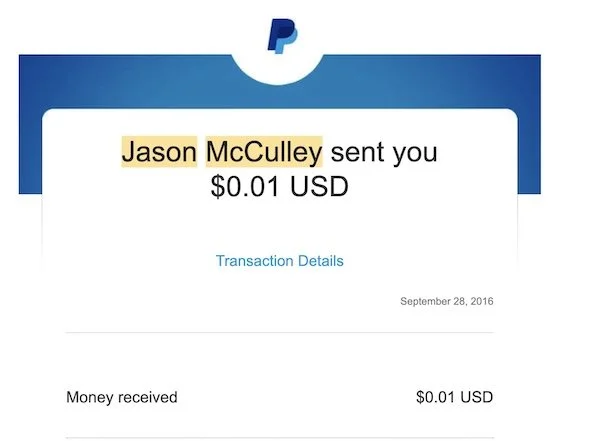The Jerx Impact Law
/From the article: Nobody Wants A Robot to Read Them a Story!
I don’t intend this site to become an anti-tech or anti-AI site, but it may become, more and more, a pro-genuine-human-interaction site.
That’s always kind of been the point since the beginning of the site. But as the world drifts further online, further depersonalized, and further disconnected, the impact of your magic will rise dramatically to the extent you can make it offline, personal and a source of connection between you and your audience. (See the concept of Front Porchers.)
The Jerx Impact Law
Magic shown directly to one individual is at least 10x more impactful than the same trick shown generally to a crowd.
Magic shown in person is at least 100x more impactful than the same trick seen online.
Put those together, and magic shown in person, for one specific person, is at least 1000x more impactful than the online version.
I’m not just throwing out a large number to make it sound impressive. If anything, I’m underestimating.
In fact, with the right presentation, you can take a trick that would be forgotten within 2 minutes if someone watched it online and make it a moment they will remember for years. That’s actually far greater than a 1000 to 1 impact.
Jason Ladanye has almost a million Instagram followers. He’s doing great for himself in that medium. Two months ago I met someone who told me he was a “big fan of Jason Ladanye.”
“I haven’t watched too much of his stuff,” I said. “What are some of his videos I should check out?”
He couldn’t name one. This “big fan” didn’t have a district memory of a single video. He didn’t have a favorite one. Or one he hated. Or even just a random one that popped in his head.
That’s not a Jason issue. It’s emblematic of magic online. It’s fun, maybe interesting, but instantly forgettable.
In real life, though, it can be the highlight of someone’s week at the very least. It could be the moment they think of and the story they tell whenever the subject of “magic” comes up the rest of their lives.
Some magicians worry that online magic will “destroy” magic. But I think it’s just destroying online magic. It’s too easy to write it off as a camera trick, AI fakery, stooges, etc. This distrust and disconnection to digital stuff actually gives the offline material you do more weight. That’s not just wishful thinking. People are accustomed to seeing and scrolling past the unbelievable and impossible online. But when you can do the unreal in the real world—and do it well—you unlock the potential for something undeniably powerful.










